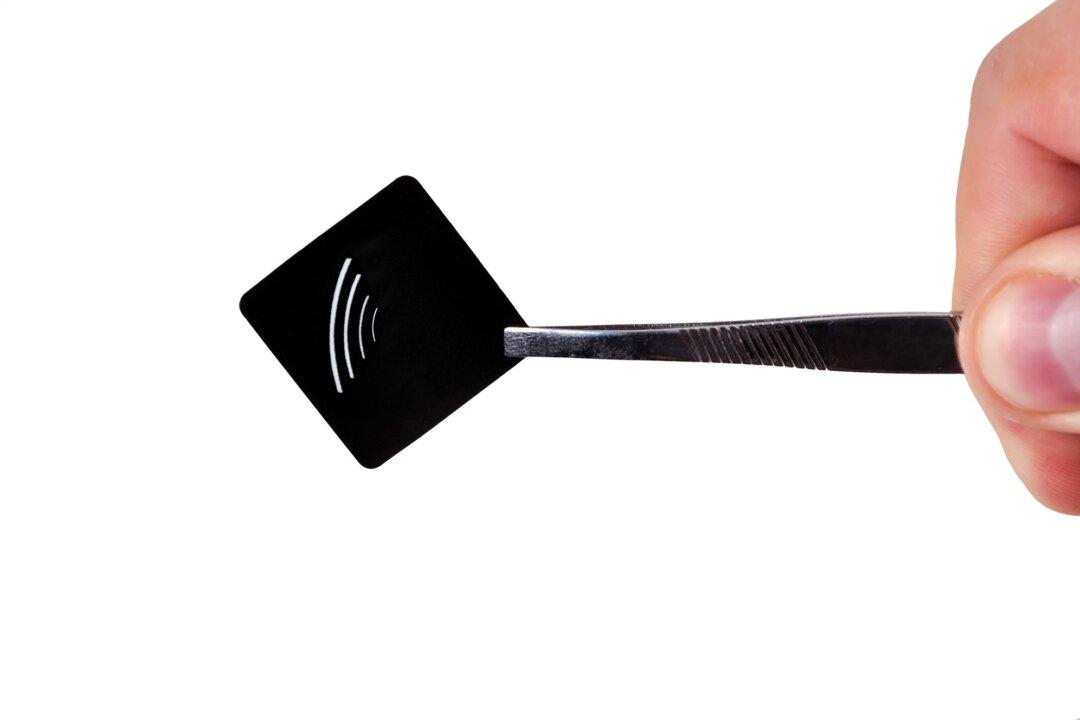Commentary
The unauthorized installation and use of GPS tracking devices and mobile phone apps directly leads to murders, theft, stalking, and other privacy violations. Last month, prosecutors alleged that a Philadelphia woman placed a GPS tracker in her boyfriend’s car, which led three other individuals to find and murder him. In Miami, a man attached GPS tracking devices to individuals’ cars and then burglarized their homes when the cars weren’t there.





